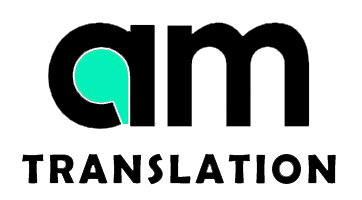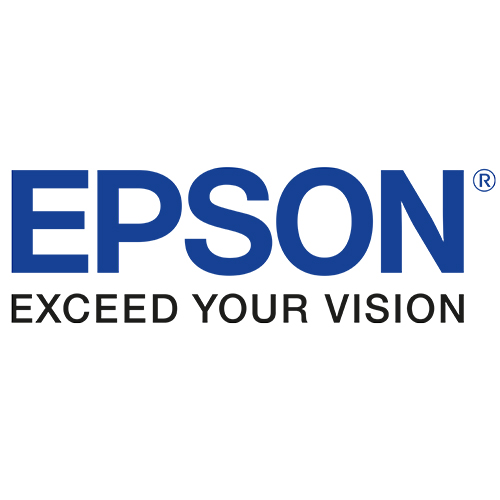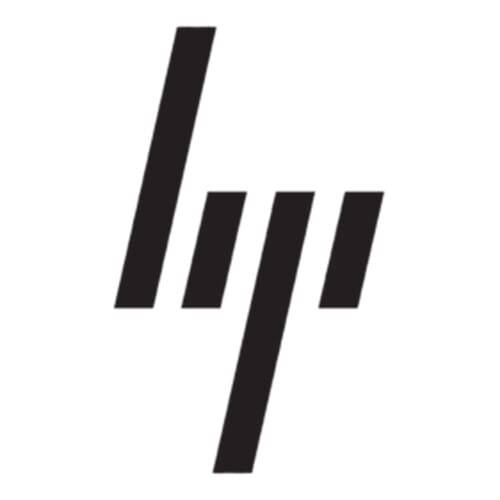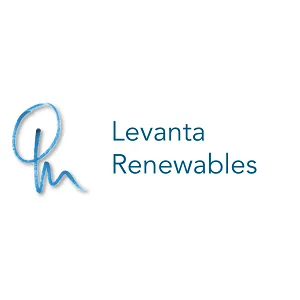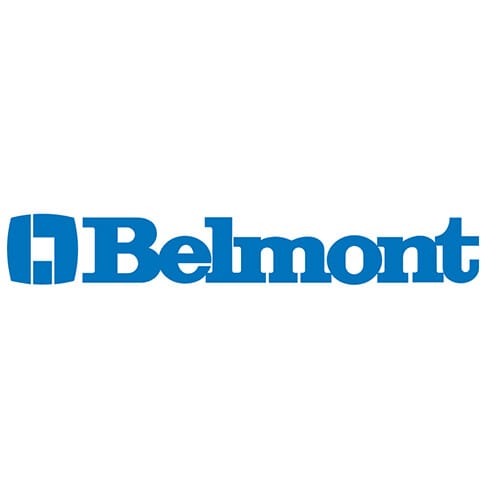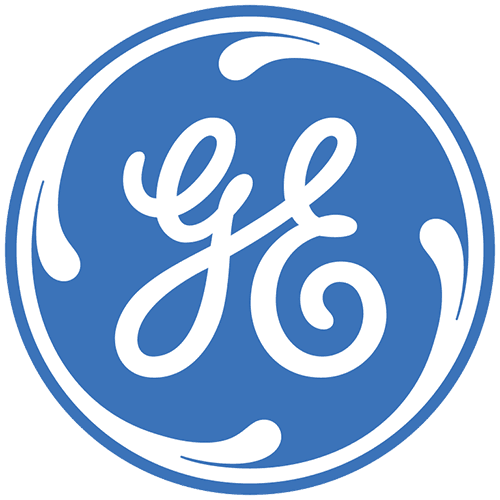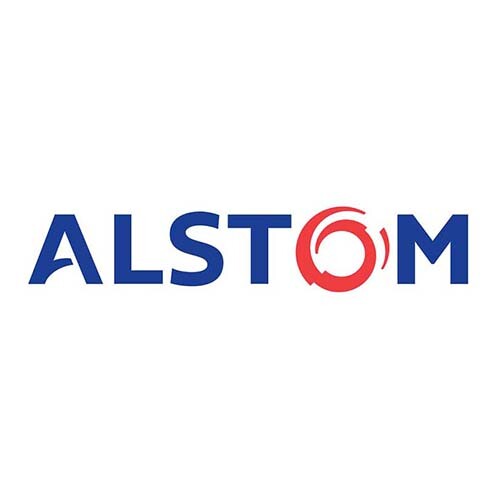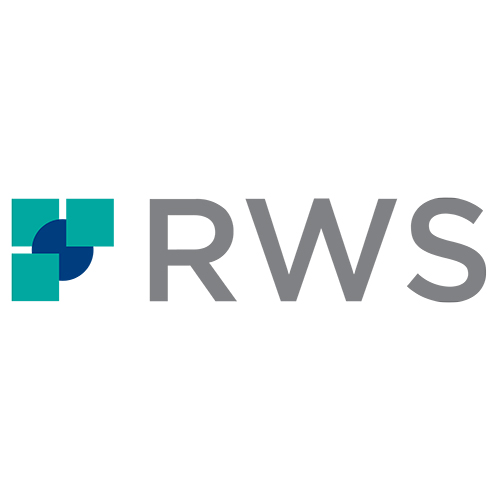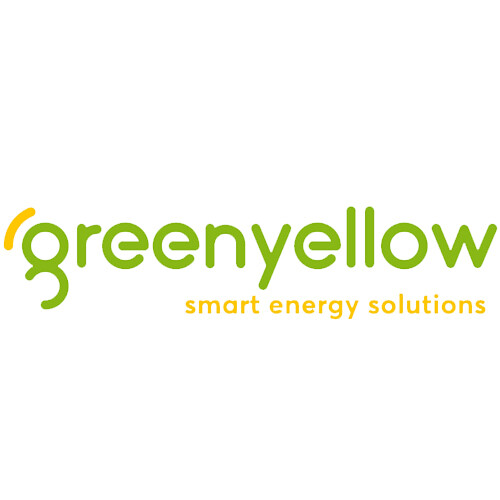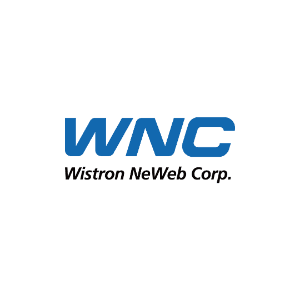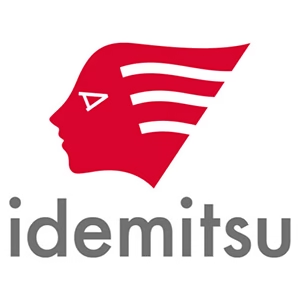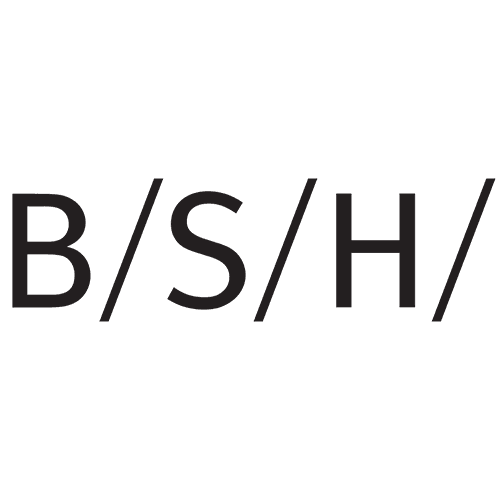Professional Technical Translation in Vietnam
Accurate technical translation requires expertise in industry standards and terminology. AM Vietnam’s specialized linguists ensure clarity, precision, and compliance across engineering and technical documents.
Our Technical translation services
Civil engineering translation
Computer engineering
Electrical engineering translation
Aerospace engineering translation
Translating Technology with Accuracy, Consistency, and Compliance
Get Free Technical Translation quote
FAQs on Technical translation at AM Vietnam
At AM Vietnam, we provide accurate and reliable translations for a wide range of technical documents across industries. Typical document types include:
- User Manuals & Operation Guides – Instructions for machinery, equipment, and consumer products.
- Technical Specifications & Product Datasheets – Detailed descriptions of product features, performance, and compliance.
- Engineering Drawings & Standards – Schematics, blueprints, and design documents requiring precision.
- Patents & Research Papers – Intellectual property documents and scientific publications.
- Safety, Quality & Compliance Documents – Occupational safety guidelines, quality management manuals, and certification reports.
- Software & IT Documentation – User interfaces, technical support content, and system manuals.
- Training & Educational Materials – Technical training manuals and e-learning resources for specialized industries.
Each type requires strict adherence to industry terminology and standards, ensuring clarity, compliance, and usability in global contexts.
Technical translation goes beyond language conversion — it requires precision, expertise, and consistency. At AM Vietnam, we emphasize the following key features:
- Accuracy and Consistency – Ensuring correct use of technical terminology across all documents.
- Industry Standards Compliance – Adhering to engineering, legal, and safety requirements specific to each field.
- Subject-Matter Expertise – Translators with solid backgrounds in engineering, IT, energy, and industrial sectors.
- Clarity and Usability – Delivering content that is precise, user-friendly, and practical for end-users.
- Confidentiality and Security – Protecting sensitive technical information through strict data handling protocols.
- Quality Assurance – Following ISO-certified processes with multiple review steps, proofreading, and final validation.
These features ensure your technical documents are translated to the highest professional standards, minimizing risks and enabling success in global markets.
- Medical & Pharmaceutical: Ensures accuracy in medical reports, drug labels, clinical trials, and regulatory documentation.
- Legal & Financial: Verifies legal contracts, financial statements, and compliance documents.
- Technology & Engineering: Reviews technical manuals, patents, and software localization.
- E-Learning & Education: Ensures correctness in course materials, academic content, and certification exams.
- Gaming & Multimedia: Validates game scripts, user interfaces, and culturally adapted narratives.
- ✅ Prevents critical errors that could lead to legal or financial consequences.
- ✅ Enhances credibility by ensuring domain-specific accuracy.
- ✅ Ensures market acceptance and compliance with local regulations.
- ✅ Improves user experience by delivering content that is precise and contextually relevant.
Terminology & Consistency LQA ensures that translations maintain consistent terminology, style, and brand voice across all content. This process is crucial for industries that rely on precise and standardized language, such as legal, medical, financial, technical, and corporate communications.
Compliance & Regulatory LQA ensures that localized content meets legal, regulatory, and industry-specific requirements in different regions while maintaining linguistic accuracy and cultural appropriateness. This type of LQA is critical for industries such as finance, healthcare, legal, gaming, and software, where non-compliance can lead to legal risks, fines, or reputational damage.
